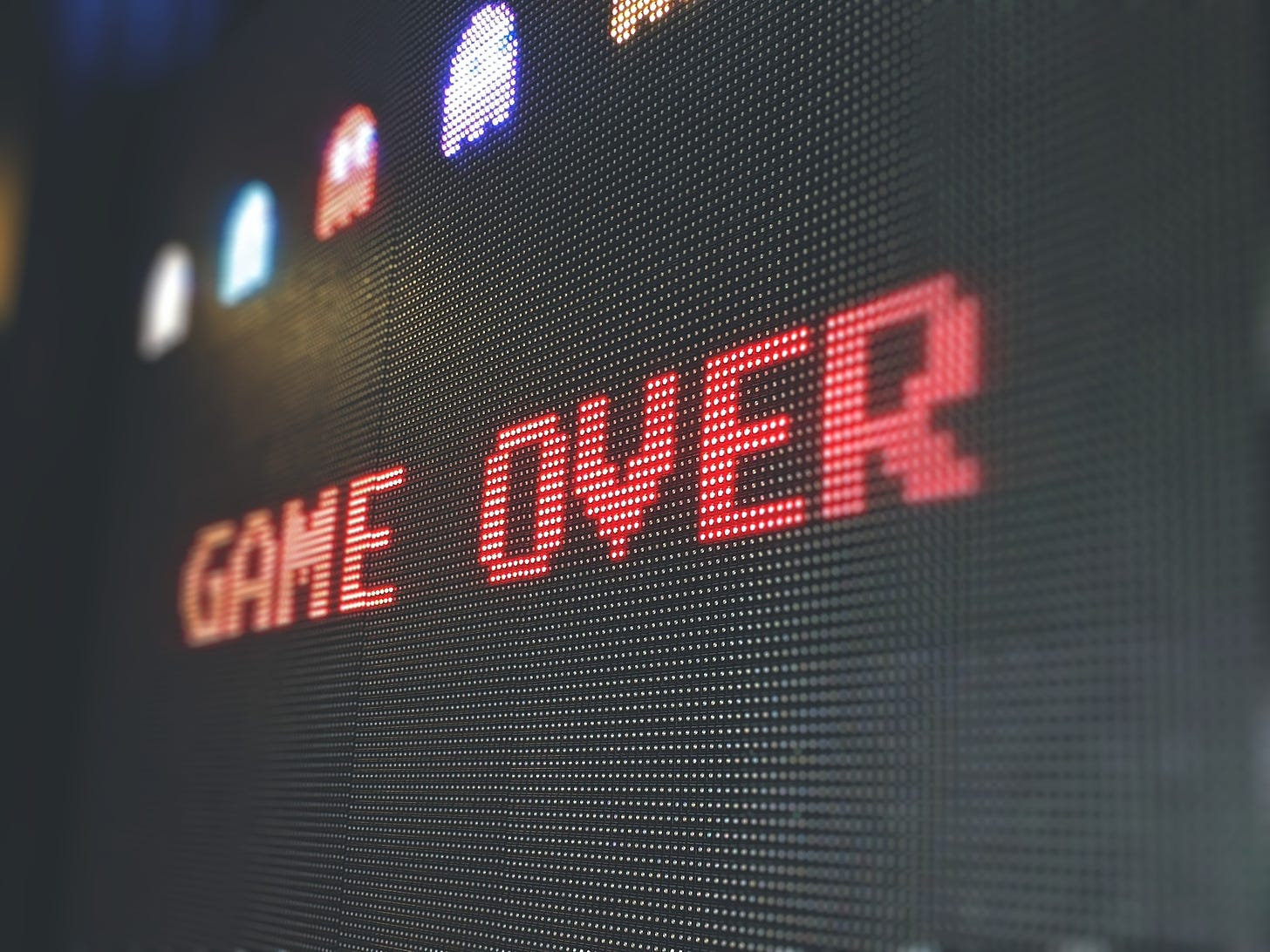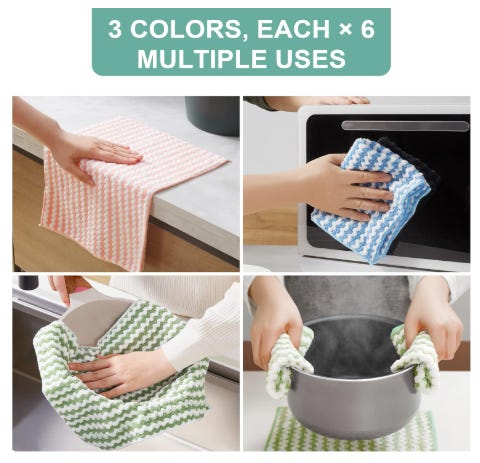‘Essential’ stores become questionable in retail world

The idea of GameStop claiming it’s “essential retail” may raise a few eyebrows. But “the world’s largest retail gaming destination for Xbox One X, PlayStation 4 and Nintendo Switch games, systems, consoles and accessories” certainly tried to prove they were a necessary store to keep open. For work-from-home employees, the chain argued that it could be used for “essential items” like computer mice and keyboards.
On Sun., March 22, the store chain announced that only employees would be allowed inside of the stores though. Customers would be able to receive their purchases through a GameStop App purchase or GameStop.com, and receive it through contactless delivery service with Delivery@Door.
With a $415.3 million net loss and around 320 stores scheduled to close before 2020 even started, it makes sense that the store would try its best to keep money coming in by every means that it could. That fight didn’t last long, and now another 300 stores are scheduled to permanently close. Part of it is a lag in sales. Then there’s the public outcry from GameStop employees who are concerned about their health during the coronavirus disease 2019 (COVID-19) outbreak. (At the time of this writing, there are 140,904 infections and 2,405 deaths in the United States.)
But GameStop isn’t the only retail store that’s getting hit at all sides while trying to survive during a worldwide health crisis.
ADVERTISEMENT ~ Amazon
(As an Amazon Affiliate, I earn a percentage for every purchase with my referral links.)
Essential or Non-Essential: How Stores Are Deciding Where They Fit
The Department of Homeland Security has a long list of companies that are considered essential. Healthcare workers (ex. physicians, dentists, psychologists, nurses, pharmacists, physical and occupational therapists, social workers, optometrists, speech pathologists) are at the top of the list. First-responders and law enforcement duties also get waived in without question.
Transportation and logistics workers (ex. delivery drivers) are significant for getting all kinds of packages from groceries to healthcare inventory from Point A to Point B. Financial services (ex. bank employees and lending services) get a pass. Residential shelters and farmers could also continue business as (un)usual.
Although there are a few others, retail businesses are in a foggy area. Grocery stores and retail stores that sell essential items like hygiene products, human food, animal/pet food, pet supplies and beverages are needed. Retail customer support service and information technology support staff are imperative for online orders, pickups and deliveries.
Recommended Read: “If you hate people, why do you have a Customer Service job? ~ Why tech-centric jobs may be better suited for a younger crowd”
But what about apparel stores that don’t make the cut as essential items? For example, Victoria’s Secret sent out an announcement on Sat. March 21 confirming that their stores would be “temporarily closing” until Sun., March 29. Then a follow-up email released last week explaining that online orders could still be taken. Macy’s, Kohl’s and Gap confirmed that they would furlough tens of thousands of employees, after coming to the realization that they would have no choice but to close stores to curb the spread of the coronavirus outbreak.
Fire marshal inspectors showed up at a Dillard’s department store in Houston, Texas to find out why it was still open. Although no customers were inside, according to an ABC report, a full staff of employees were still working—even though the store did not fall under the essential items list.
A spokesperson for Dillard’s (via ABC) stated, “No associate who is uncomfortable working is required to do so. We believe continuing to operate using current safety standards is the best thing we can do long term for our associates and for the economy.”
And although Dillard’s isn’t the only retailer that believes it’s doing the “best thing we can do long term for our associates,” more than 1,500 calls from employees were received from a Houston hotline to report that their employer was not an essential store to stay open.
When Employees Fight Back Against Retailers
Fifteen employees from Amazon’s Staten Island warehouse walked out on Mon., March 30, to protest unsafe working conditions. One of their complaints came after a worker had already tested positive for coronavirus, reports USA Today. Although that was a fairly low amount from the 5,000 total facility workers inside, it did ruffle a few feathers. Christian Smalls, the lead organizer who had been ordered to stay in social isolation after being exposed to the COVID-positive employee, chose not to. When he showed up to the warehouse to participate in the protest, he was terminated for “multiple safety issues.”
Instacart Shoppers and Gig Workers Collective also went on strike to demand more physical protection (i.e. free hand sanitizer, disinfectant, soap) and financial protection ($5 more per order) while delivering groceries. The gig workers are also fighting for an in-app tip amount of at least 10 percent. (Note: Instacart had already made gains in the Midwest for unionizing one branch—the first time ever that an online grocery delivery company had done this.)
Whole Foods Market, which was purchased by Amazon, has already taken some flack for suggesting that employees donate their paid time off to other employees instead of the company paying for it. And on Tues., March 31, employees rearranged their original sickout date (May 1, International Workers Day). The sickout involves asking for more workplace safety and benefits, including hazard pay and sick pay for employees whether they’ve been tested for the coronavirus or not.
Although several retailers have reduced working hours and increased employee pay, interacting with customers and store team members has still proven to be an internal concern. Even touching products and interaction with customers has changed. (In Chicago Whole Foods Market stores, the reusable bag program has been suspended altogether. Cashiers are required to only handle new paper bags, and the $0.10 credit per bag no longer applies.)
Walmart has taken steps to better confirm the safety of all employees. Moving forward, Walmart plans to consistently take the temperature of all 1.5 million of its employees, and provide them with masks and gloves. Any employee who has a temperature higher than 100 degrees will be sent home and paid for that missed shift.
The Takeaway
Depending on who is asked, both retailers and employees are doing their best to prevent the spread of coronavirus. Retailers don’t want to shut down and be held responsible for the mass layoffs of hundreds of thousands of employees. Meanwhile, employees (and new applicants) still need to make a living in an environment that fits within the “essential” business guidelines. Some stores have had to close their doors permanently while others are relying on online purchases to make up for the in-person profit.
The United States now has the highest number of coronavirus cases over any other country, including China’s Wuhan where coronavirus first spread. With a combination of increased social isolation practices, state and federal government decisions, and legitimate coronavirus tests and vaccines within the healthcare industry, the outbreak could potentially take a turn. Only time will tell.
(Note: This post was originally published as an Upwork freelancer for RETHINK Retail.)
Did you enjoy this post? You’re also welcome to check out my Substack columns “Black Girl In a Doggone World,” “BlackTechLogy,” “Homegrown Tales,” “I Do See Color,” “One Black Woman’s Vote” and “Window Shopping” too. Subscribe to this newsletter for the monthly post on the third Thursday.
If you’re not ready to subscribe but want to support my writing, you’re welcome to tip me for this post! I’ll buy a dark hot chocolate on you. Thanks for reading!





